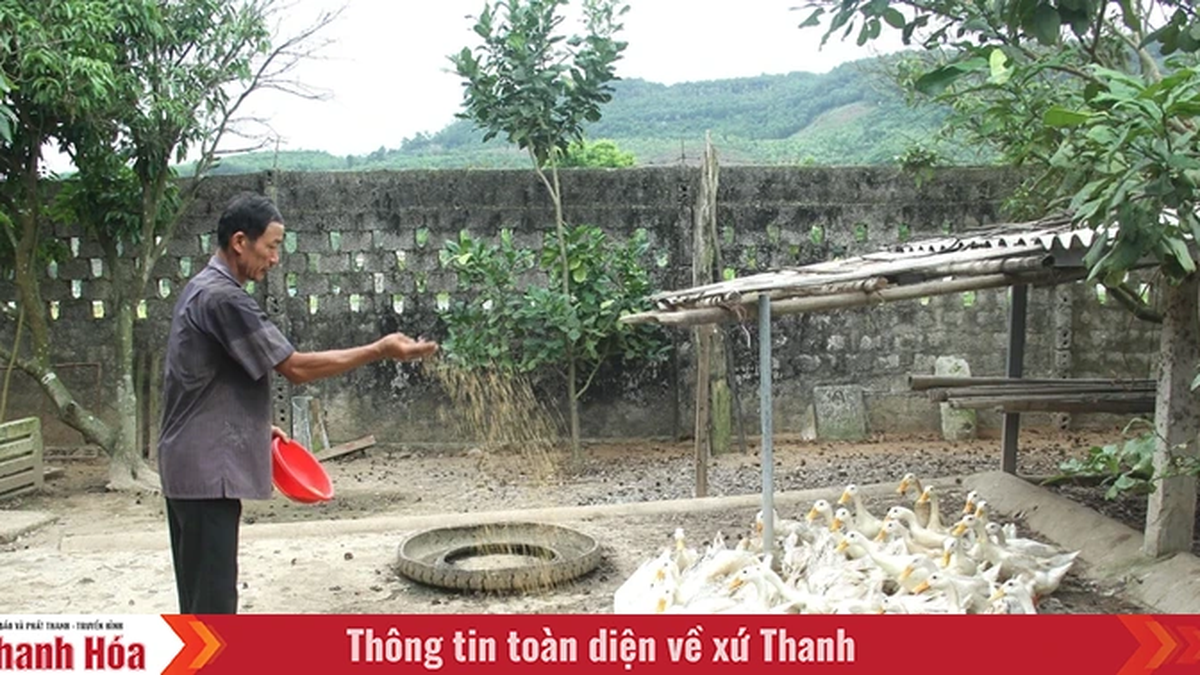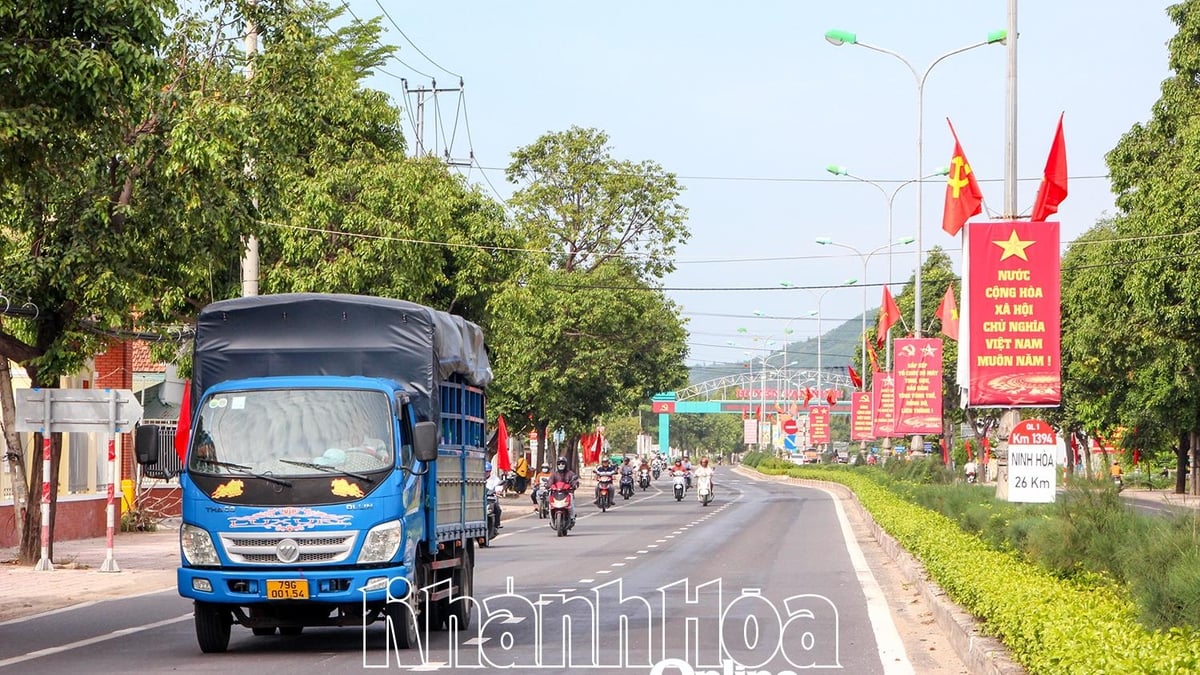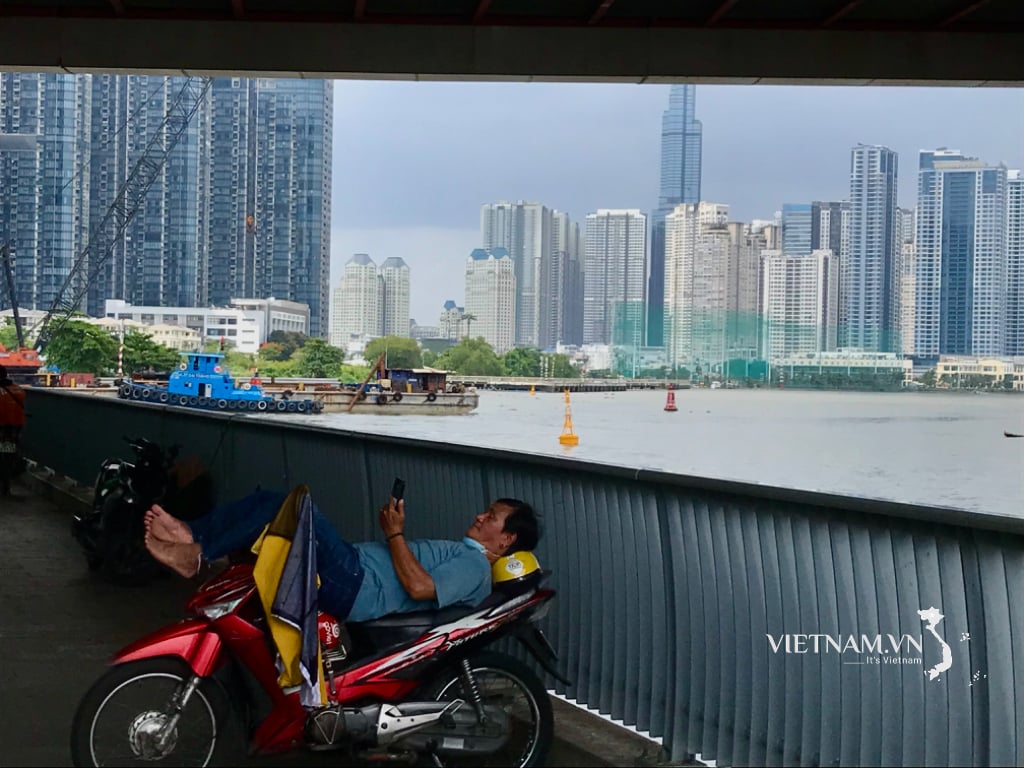Dr. Ta Dinh Thi, Vice Chairman of the National Assembly's Committee for Science, Technology and Environment, emphasized the above at the Forum "Energy Technology in the New Era" with the theme "essential foundation for rapid growth and low emissions" organized by Vietnam Economic Magazine VnEconomy on July 29.
Mr. Thi emphasized: The fourth industrial revolution, along with global challenges such as environmental pollution, climate change, energy security and resource depletion and degradation, is requiring a strong energy transition.
“According to the Ministry of Industry and Trade , Vietnam’s electricity demand is expected to increase by 8-10% per year in the next decade. Meanwhile, domestic primary energy sources such as hydropower, coal and oil and gas are gradually depleted, leading to dependence on imported raw materials and fuels,” said Mr. Ta Dinh Thi.
According to Mr. Thi, Vietnam is one of the countries most severely affected by climate change, with economic losses estimated at up to 3% of total annual GDP, according to calculations by international experts.

Dr. Ta Dinh Thi, Vice Chairman of the National Assembly's Committee on Science , Technology and Environment, spoke at the Forum.
Therefore, Mr. Thi believes that applying modern, advanced technologies, as well as switching to renewable and new energy sources, is no longer an option but an inevitable path to ensure energy security, sustainable economic development and environmental protection.
“At the 26th Conference of the Parties to the United Nations Framework Convention on Climate Change (COP26), Vietnam made a strong commitment to achieving net zero emissions by 2050. To realize this goal, Vietnam has taken important steps,” said Mr. Thi.
Regarding institutional improvement, Mr. Thi said that the Politburo issued Resolution No. 55-NQ/TW dated February 11, 2020 on the orientation of Vietnam's National Energy Development Strategy to 2030, with a vision to 2045, which set out one of the main tasks and solutions as "Developing sustainable energy infrastructure, regional connectivity; enhancing the internal strength of the manufacturing industry and services serving the energy sector.
"This Resolution is being reviewed and evaluated, on that basis, a new Resolution will be considered for issuance in the current new period," Mr. Thi informed.
Recently, the National Assembly has passed laws such as the Electricity Law (2024), the Atomic Energy Law (just passed by the National Assembly at the 9th Session in 2025), and the Law on Economical and Efficient Use of Energy (amended in 2025); Law on Science, Technology and Innovation (2025).
The Standing Committee of the National Assembly passed Resolution No. 937/NQ-UBTVQH15 dated December 13, 2023 on thematic supervision of the implementation of policies and laws on energy development in the 2016-2021 period.
The Prime Minister approved the Power Plan VIII and its subsequent revision, which set ambitious targets: the share of renewable energy (excluding hydropower) would reach 28-36% by 2030 and 74-75% by 2050.
To realize these goals and visions, in line with the country's reality in the new context, the Deputy Chairman of the National Assembly's Committee on Science, Technology and Environment proposed 5 key contents to promote the development of renewable energy and new energy technologies.
Regarding renewable energy development: it is necessary to focus on effectively exploiting the potential of domestic renewable energy such as wind power, solar power, and biomass power; attracting private and international investment through preferential and transparent mechanisms, in line with the country's development strategy in each period.

Delegates attending the forum.
Regarding future energy technology: it is necessary to study the application of green hydrogen, green ammonia, energy storage systems (batteries, pumped hydropower) and carbon capture and storage technology (CCS). Along with that is the application of atomic energy, the development of nuclear power. Currently, Vietnam has a specific policy on this issue.
Regarding smart grid: it is necessary to modernize the grid, apply AI and digital transformation to operate effectively when integrating a large number of renewable energy sources.
Regarding institutional improvement: continue to remove "bottlenecks" in electricity price mechanisms, investment incentives and green finance.
Developing an energy industry ecosystem, training high-quality human resources for the energy sector, improving the capacity of domestic enterprises to localize and reduce production costs, moving towards mastering technology and gradually exporting technology.
Source: https://vtcnews.vn/nhu-cau-dien-tang-10-moi-nam-viet-nam-can-phat-trien-ngay-nang-luong-moi-ar956869.html























































![[Maritime News] Container shipping faces overcapacity that will last until 2028](https://vphoto.vietnam.vn/thumb/402x226/vietnam/resource/IMAGE/2025/7/30/6d35cbc6b0f643fd97f8aa2e9bc87aea)













































Comment (0)